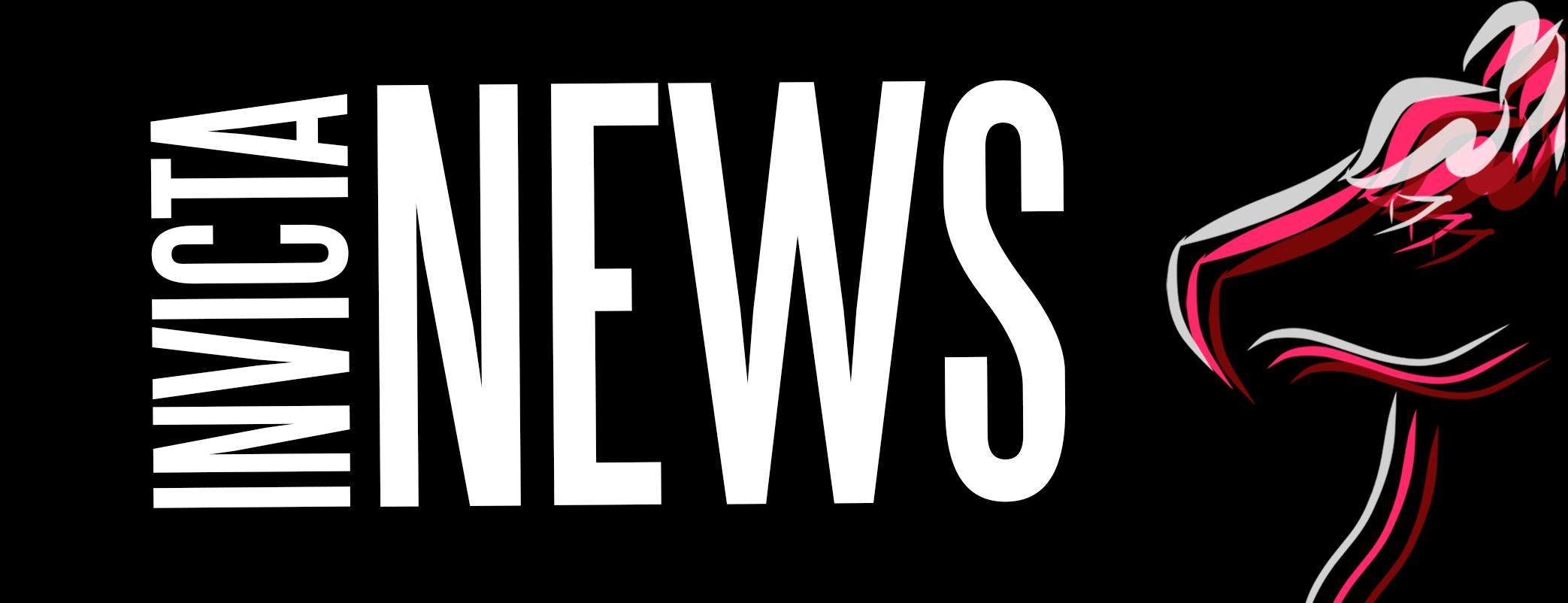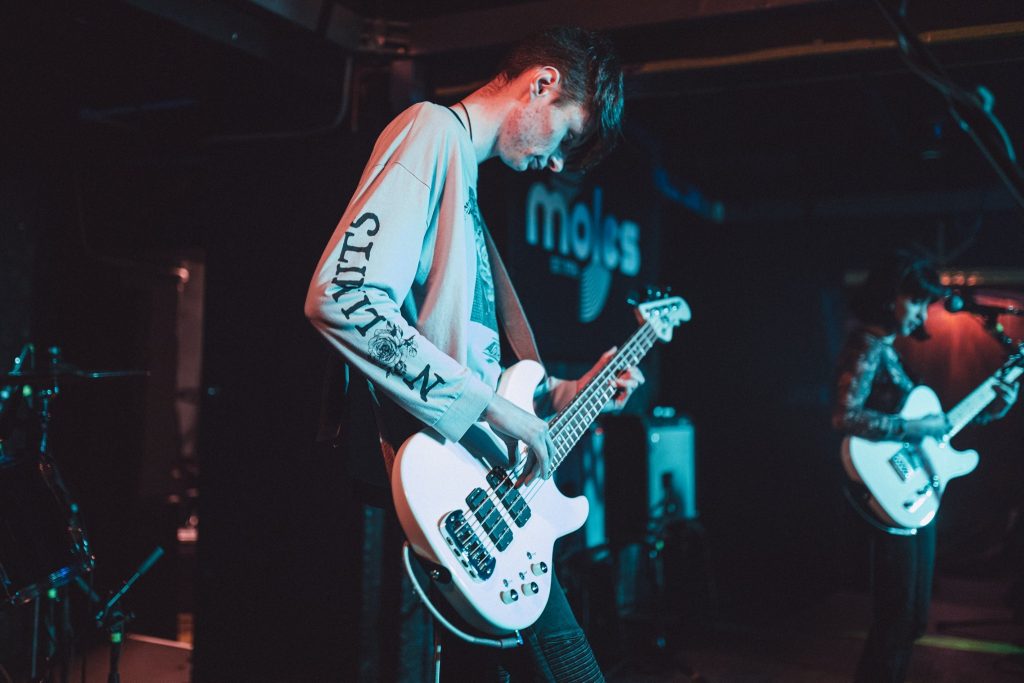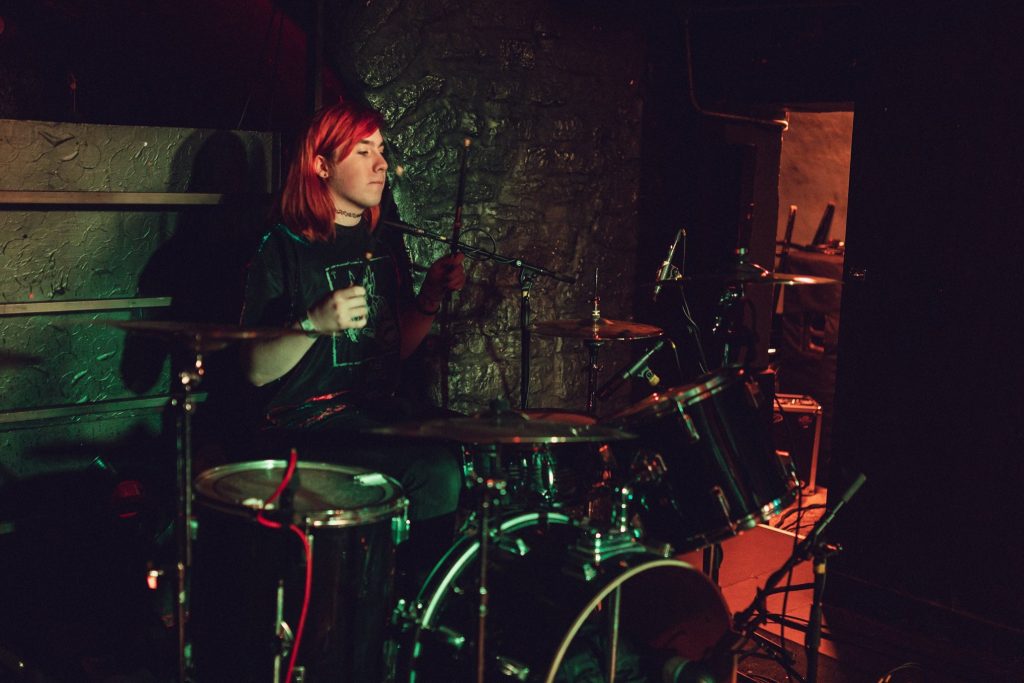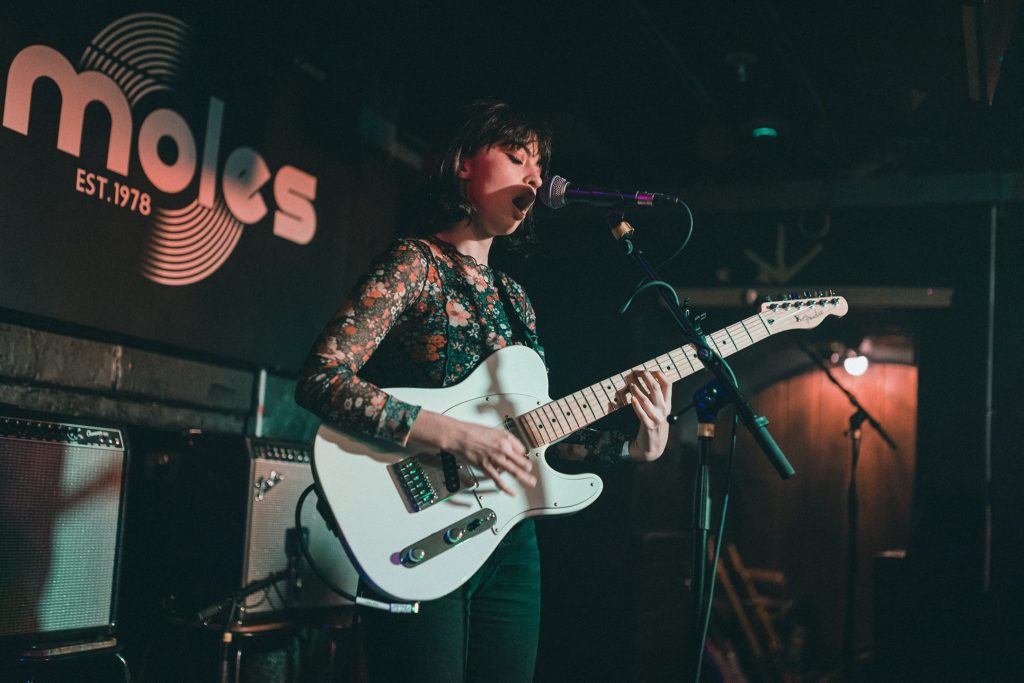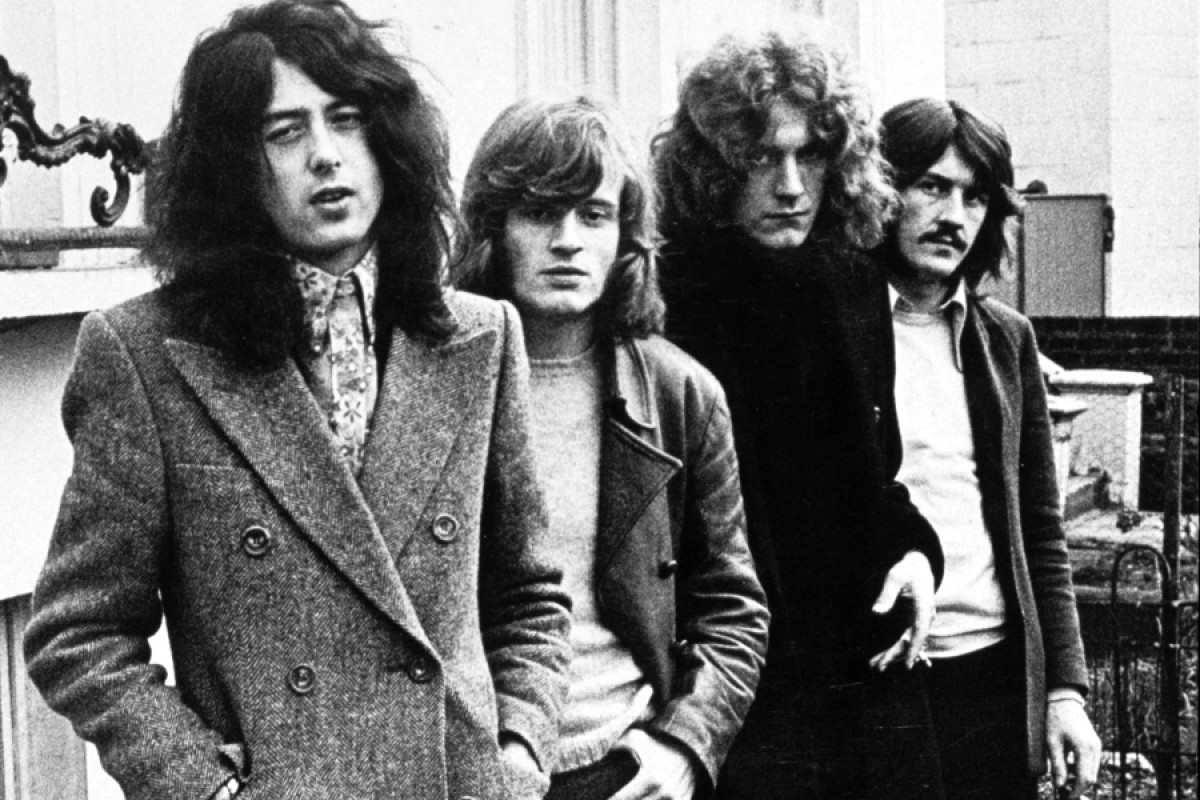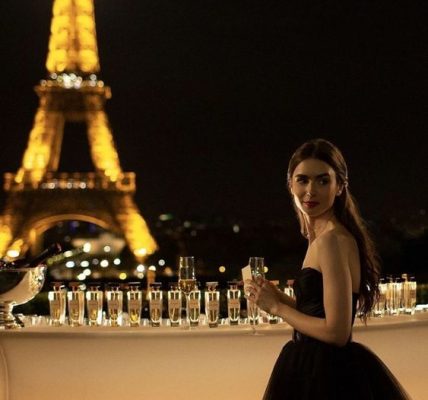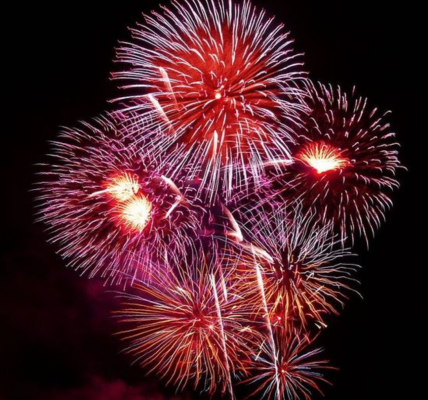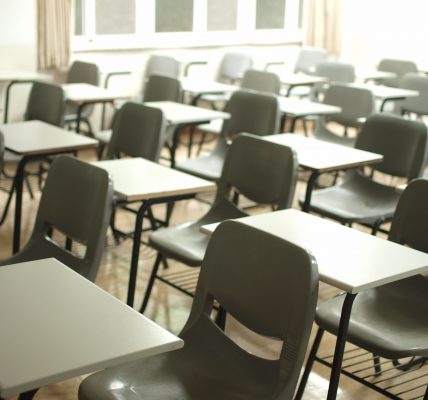People packed from wall to wall. Pressed up against the warm bodies around you, you can almost feel their heartbeats. The lights are blinding but you do not care, because there is something comforting about them as if they are radiating their energy to you. You can feel it in your chest; the booming bass, the screaming treble. It is incredible. It is music.
For many, the feeling of going to a live gig is irreplaceable but after being locked inside for six months, it now almost feels alien. A forgotten memory lost in time.
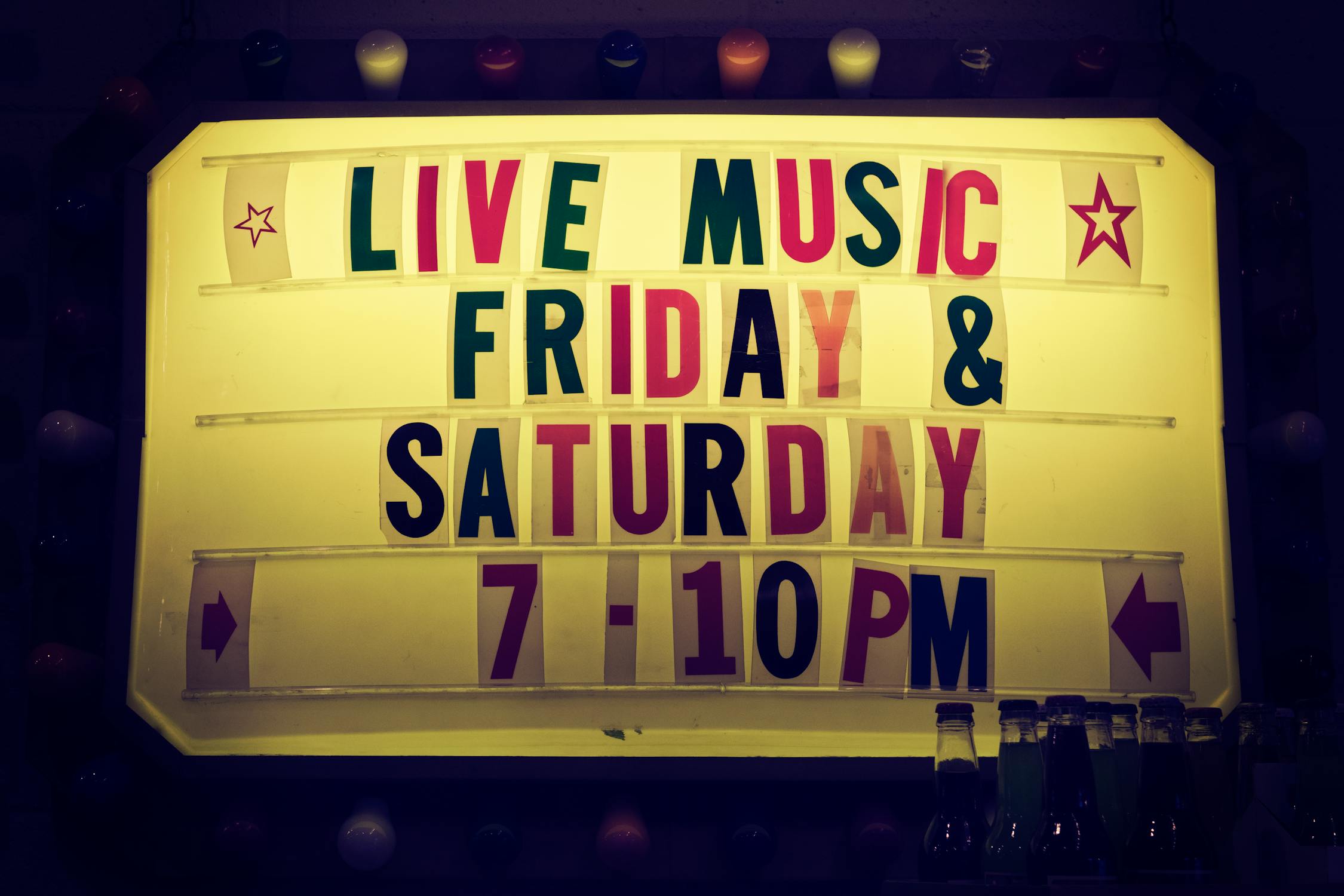
As the billboard awards roared on yesterday, many artists and venues across the country continue to suffer the consequences of the lack of live music.
Michael Lane was one of those whose business was affected by the virus but was neither artist nor venue but the go-between. As a semi-professional booking agent, he started out with just a hobby. A lover of live music, he has spent around 30 to 40 years watching live gigs and making connections with the artists he happened to like. Now with contacts of about 350 different acts of “every genre for virtually any budget,” Michael has built a network of connections and planted “seeds” with venues that when they sprout allow him to connect them with appropriate artist.
“Coronavirus put me in deep doo doo.”
Michael had to cancel 50 gigs as he had bookings from March right up until October when COVID struck. He said he will likely rebook with those venues but has lost six months of gigs that he will not be able to get back. Whilst he only makes “peanuts and pocket money” out of it, his efforts were starting to evolve to a point where he may have been able to start paying off a few bills. He had been trying to book for ticketed events in slightly larger venues rather than simply “freebie” pub gigs. He had four or five of the “seeds” he had planted grow with gigs at the likes of theatres and golf clubs, but was forced to cancel after the Prime Minister announced the lockdown.
Many of the venues Lane has been working with have been “mullered financially” with less and less spare cash to book live music and he says: “It is only by virtue of the fact that some of the managers are such music lovers that they will continue at detriment to themselves financially.”
Many places now have managed to host live music all under the supervision of social distancing regulations. Flos Vita, a rock-pop indie band from Bath, performed last week at Moles in the heart of the roman city. Tickets from £3 to £6 could only be bought in groups of two, four or six to ensure the audience abide by the rule of six.
Jess Leach who is the lead singer of the group said it was “hard to get the vibe quite right, even just the mask and not seeing someone’s physical reaction to something is quite hard”. Whilst the bassist Sam Roberts just found it weird playing a gig where the audience was sat down.
The band were meant to be touring over the summer but instead had to limit themselves to online gigs over Instagram. They were met with technical issues as when Sam would join, the audio would cut out. The delays also meant Jess could hear her mum laughing at jokes she had told minutes before. She also found the feedback from the audience rather strange saying: “If you are singing a song about heartbreak and you are just getting a sad react back, it is not the same as properly relating and being like this happened to me.”
Akemi, a French singer now studying at Berklee College of Music, had a similar reaction to the Corona-forced move towards online performances. She did a live stream for the Boston Calendar and found the experience very different. Akemi said: “Honestly, I’ve always felt very comfortable being on stage and picking up their energy.
“Just reading comments, people asking me to play a song, just giving me feedback, and all of that, and strangers from all over the world too, that was really interesting.”
Instagram live has a become a staple of post-covid music with big artists like Chris Martin or The 1975 using it right from the early stages of lockdown and Akemi thinks she would be likely to do it again. She did have a couple reservations however: “When you are doing a Facebook live you can watch yourself which isn’t something I’m used to when I’m performing on stage.
“It was a little awkward because I was in front of a camera in my room, but it was just very chill, and I would probably do it again.”
Moon was a track written, produced and released by Akemi during lockdown. After she had finished recording her forthcoming EP and was waiting for her producers, she decided to attempt to use editing software logic pro for the first time and record a song.
However, promoting the song proved difficult for the French singer as the lack of places to go and perform the song meant that all of the marketing was online. Somerset based band the Winters also released music during quarantine which they had recorded back in 2019 before the virus. Drummer Sam Caburn said that the lack of physical gigs meant that it was much harder to judge the success of the EP. He said: “It’s difficult for me to come to terms with if we are a successful band through digital media.”
Artists such as Akemi and The Winters are facing an increasingly hostile environment for creatives. Whilst the government’s £1.57bn support package is finally starting to trickle down to venues, new posters and comments made by chancellor Rishi Sunak this week drew large criticism as they appeared to suggest that people in the arts should retrain in non-creative skills.

Dartford councillor Kelly Grehan who has been vocal on social media about the posters said that they are “offensive” and completely “misunderstand the skill, hard work and talent” artists provide. She said: “There is a problem and there always has been in this country, that skills that you need to work in the arts have never been appreciated.
“Ballerinas train for on average ten years before they get accepted into a ballet company, so we are talking about very highly skilled people.”
She says there has always been an attitude that the arts are somehow frivolous and not to be treated in the same regard as the likes of cyber industries. With a mental health crisis looming Grehan suggests that now is the time the government should be pouring money into the arts as “it is art that really gives life meaning”.
Natasha Boardman-Steer is a creative practitioner who uses the arts to help health and wellbeing in the way Grehan suggested but she has had to “reassess” her whole approach to her sessions due to Coronavirus. She however feels that many freelance creatives are falling between the cracks of the government support that is on offer. Natasha managed to get a self-employment grant but for those who have more recently turned freelance, they are “100% screwed” because they have no record of their normal income. She points out that many freelancers also do not have the time to set aside to apply for these grants. Whilst she would normally spend only around 20% of her working hours delivering sessions now that number has risen to 80% as otherwise, she could not pay her bills.
“The government are leaving a lot of people behind.”
Live Music is clearly not the only sector of the arts to be suffering but it is one of the ones that appears to mean the most to people. How long it will take for live music to return to its former glory and whether the government will decide to give it the necessary support is yet to be seen, but so long as Instagram servers stay running there will always be live music on somewhere.
